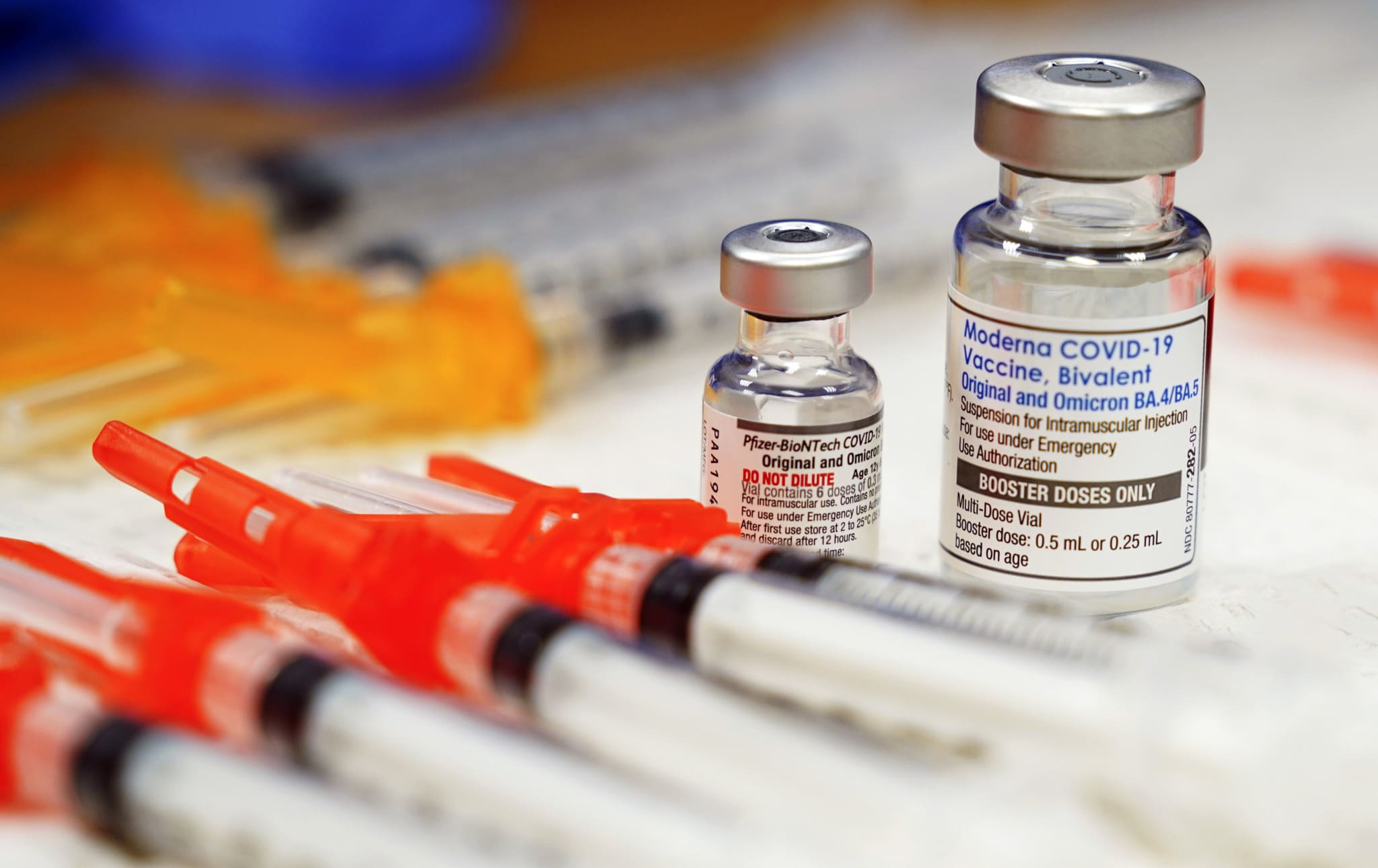In a new opinion piece in Germany’s Welt newspaper, journalist and editor Elke Bodderas highlights a new Nature study showing that those vaccinated against Covid-19 suffered twice as often from vascular occlusions as non-vaccinated people even two years after vaccination. She writes that despite evidence these vaccines are involved in a number of negative health outcomes, including the Nature results, the EU is “taking the leap forward when it comes to mRNA substances.”
“What was written in a publication by the Nature publishing house, which appeared a few days ago, does not sound good at all. In the third year after the first large-scale use of mRNA vaccines, it says, a side effect has been identified that is quite serious. The source of the news couldn’t be more respected; the study came from a team of U.S. researchers from Stanford University involving a team from Taiwan and 1.5 million patients,” wrote the Welt journalist.
The mRNA vaccines have long been associated with myocarditis, but the Nature study shows that when it comes to the vascular system, the vaccines may have a number of negative health outcomes in all areas of the body. The journalist goes on to write that the specific vascular occlusions, also known as a micro-thrombosis, which is a mini-stroke in the eyes, are occurring at twice the rate in vaccinated people. While these mini-strokes occur at the highest rate in the first 12 weeks after vaccination, the Nature study showed they happen much more frequently even two years later in those who were vaccinated with BioNTech and Moderna vaccines.
[pp id=69215]
The Welt author indicates that these “small blood clots in the eye can mean blindness, and the chances of that happening are considerable. As in the case of a heart attack or stroke, only immediate treatment helps to get away with it being ‘only a black eye,’ so to speak.”
Perhaps even more worrying is that these “mini-strokes” can affect many areas of the body. She indicates that “we can fear that we may be hearing a lot more about this. The fact that the tiny infarctions in the retina can be an early indicator of strokes, heart attacks or coronary heart disease has been the subject of research for around 20 years. Researchers from San Diego last proved this connection in 2021.”
In other words, the increased rate of “mini-strokes” in the eye may just be the tip of the iceberg and serve as ample warning of other vascular issues, such as heart disease and stroke.
She further warns that “vaccines can change blood clotting, and it is not just since yesterday that the retina has been considered an early warning system for cardiovascular diseases. The now discovered micro-thrombosis in the eyes of vaccinated people is a rare side effect with a rate of 1,200,000, but indicates a high number of unnoticed small vascular occlusions. Many puzzling side effects, including neurological ones, reported by vaccinated people could be based on this.”
[pp id=59642]
The Welt author further notes that this is only one study showing a vastly sprawling register of vaccine side effects.
“One is amazed: Shouldn’t a health minister and your professorial advisors have expected side effects? With a completely new type of vaccine? And what does it mean when the European Medicines Agency (EMA) obviously does not want to make the manufacturers Pfizer and Moderna responsible for finding out more about the side effects of their vaccine?”
She notes that other health hazards have been examined to exhaustion, noting that 10 years ago, experts from the European Scientific Committee on Health and Environmental Risks outlined in 64 pages how threats to public health should be examined. As a result, scientists know right down to a fifth of a decimal point how much IQ is affected by varying degrees of lead in the water. The same standard has also been applied to diesel exhaust fumes and human respiratory health.
She warns that the same standard is not being applied to Covid-19 vaccines by European health authorities.
Despite the various risks presented by Covid-19 mRNA vaccines, partly because they still remain relatively new products, the EU is still racing ahead to approve further rounds of shots and new types of mRNA therapies.
“The U.S. health authority FDA recently withdrew approval for the monovalent Covid vaccine. In the United States, only one dose of vaccine is now recommended for all but at-risk patients (two doses). At the same time, the fifth, sixth and seventh injection is being discussed in the EU commission. As a precaution, the EU even extended the vaccine supply contracts until 2026. The cost? €10 billion,” she wrote.
In March of this year, German Health Minister Karl Lauterbach admitted some patients suffered serious side effects from Covid-19 vaccines after previously claiming they were “free from side effects.”






